The Energy House Labs team proudly hosted the International Retrofit Conference 2025 on 3–4 July, bringing together global experts, researchers, and practitioners to explore the future of building retrofit and decarbonisation.
Over the course of two days, the conference featured 10 keynote speakers and more than 50 presentations, offering a rich programme of cutting-edge research, practical case studies, and policy insights. The event served as a platform for sharing innovation and best practice in retrofit, with a strong emphasis on collaboration between academia and industry.
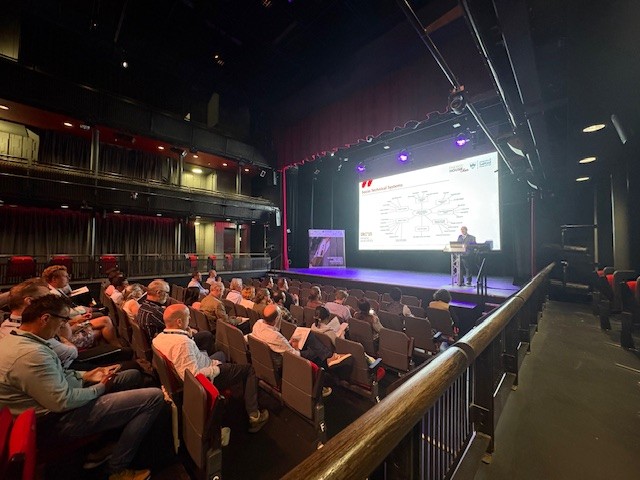
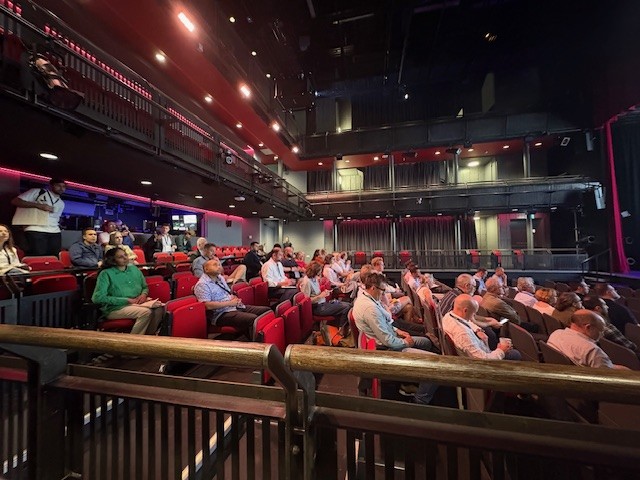
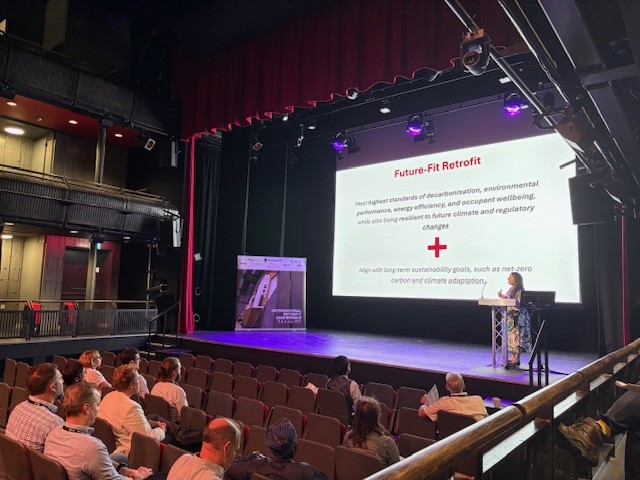
Keynote sessions addressed major themes including:
- Building decarbonisation strategies
- Retrofit approaches for historic buildings
- Affordability and equity in retrofit
- Innovation in materials and methods
- Homeowner engagement and behavioural change
Presentation topics ranged from building performance evaluation and occupant satisfaction to embodied carbon, scalable retrofit strategies, and evolving policy frameworks. The diversity of content reflected the complexity and urgency of the retrofit challenge.
International participation was a hallmark of the event, with speakers and delegates joining from Africa, Canada, Europe, and across the UK. This global exchange of ideas underscored our shared commitment to accelerating retrofit solutions.
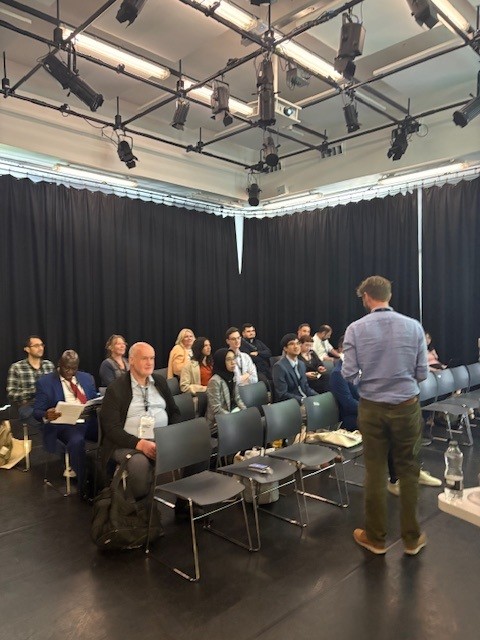
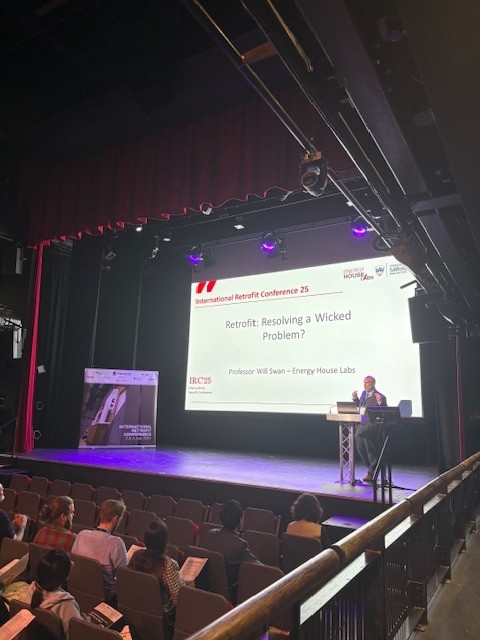
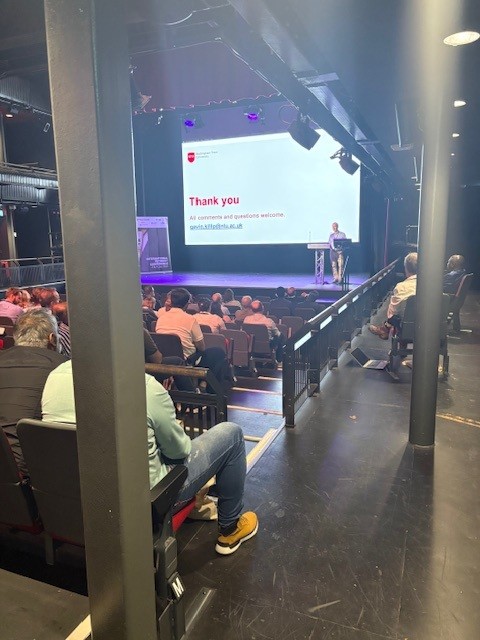
We would also like to congratulate the conference prize winners who are listed below:
| Award | Title | Author & Institution |
| Best Paper | Simulating HTC Measurements for Increased Confidence in Retrofit Performance Predictions | Mark Collet Leeds Beckett University |
| Best Theme (Occupant) | Towards a Socio-technical Post Occupancy Evaluation Methodology for Private Rental Residential Retrofit Occupant Satisfaction | Jill Zhao UWE Bristol |
| Best Theme (Retrofit design & delivery) | Timber MMC Retrofit Case Study Analysis of Embodied Carbon Impact | Jiar Sadiq Edinburgh Napier University |
| Best Theme (Performance & Evaluation) | Performance assessment of a ‘new skin’ deep renovation concept through in-situ measurements | Twan Rovers Saxion University of Applied Sciences |
| Best Theme (Scaling up) | Open Source Property Archetyping for Domestic Retrofit Knowledge Sharing at Scale | Jon Moorhouse Constructive Thinking Studio |
| Best Theme (Policies) | Heritage Retrofit Methodology: A Comprehensive Framework for Scalable Net-Zero Retrofit | Haniyeh Mohammadpourkarbasi University of Liverpool |
A number of insights emerged from the discussions and presentations including:
- Knowledge Sharing is Essential, with collaboration needed between academia, industry, and policymakers to accelerate learning and avoid duplication of effort.
- Addressing the Skills Gap, with a strong consensus on the need to invest in training and upskilling across the retrofit supply chain to meet growing demand and ensure quality delivery.
- Building Consumer Trust
- Data Accuracy Matters, with reliable, granular data being identified as a cornerstone for effective retrofit planning, monitoring, and evaluation.
- Place-Based Approaches Work Best, strategies must be tailored to local contexts—considering climate, housing stock, and community needs—to be truly effective.
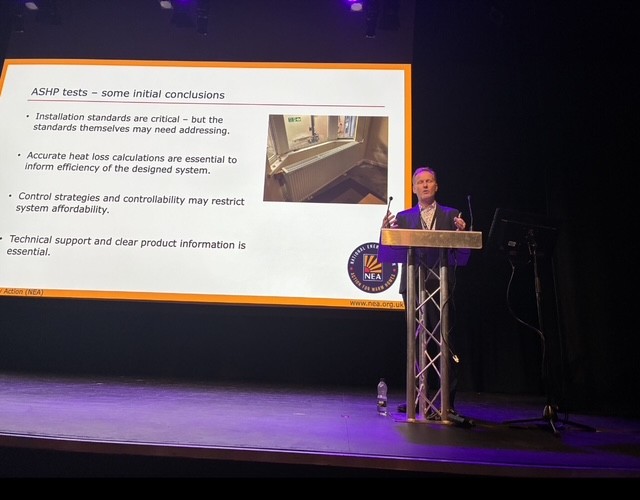
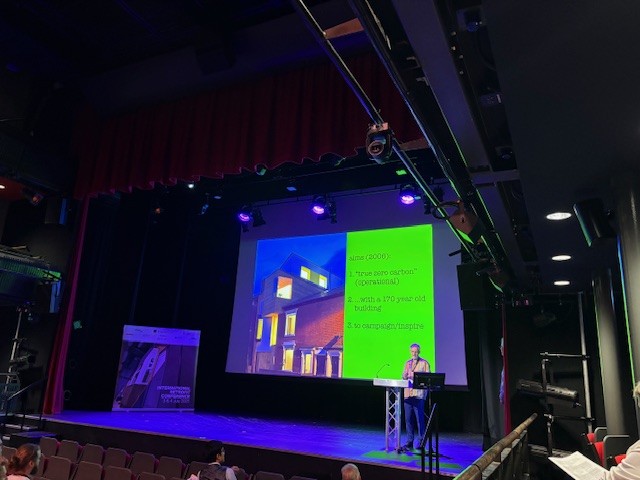
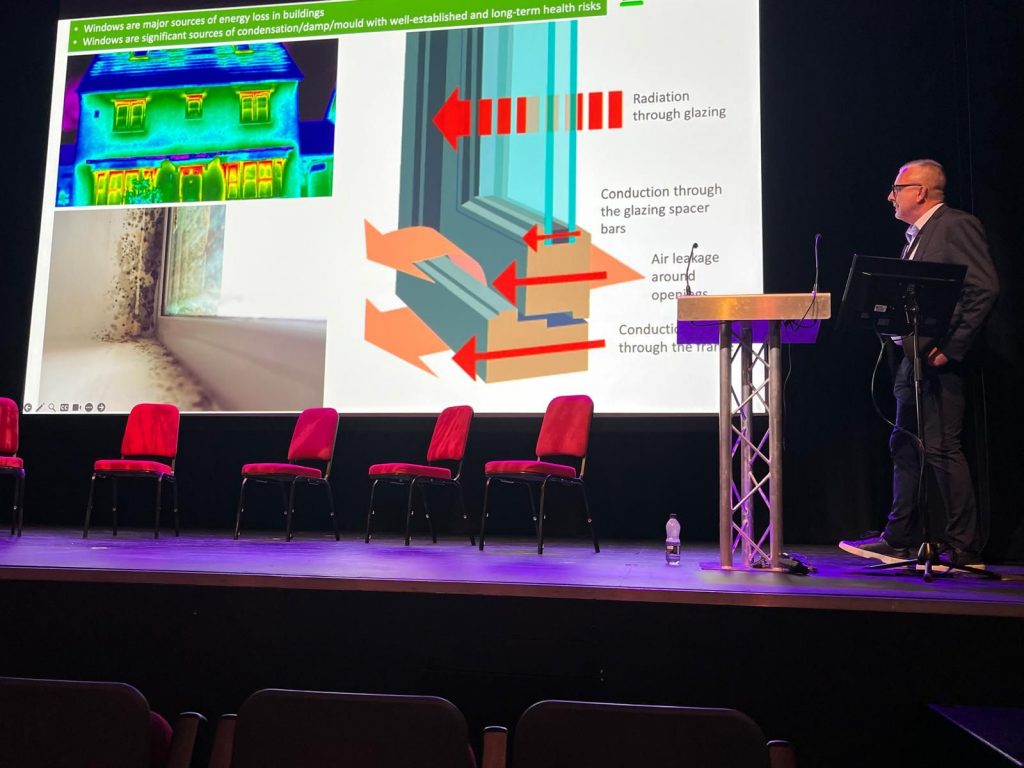
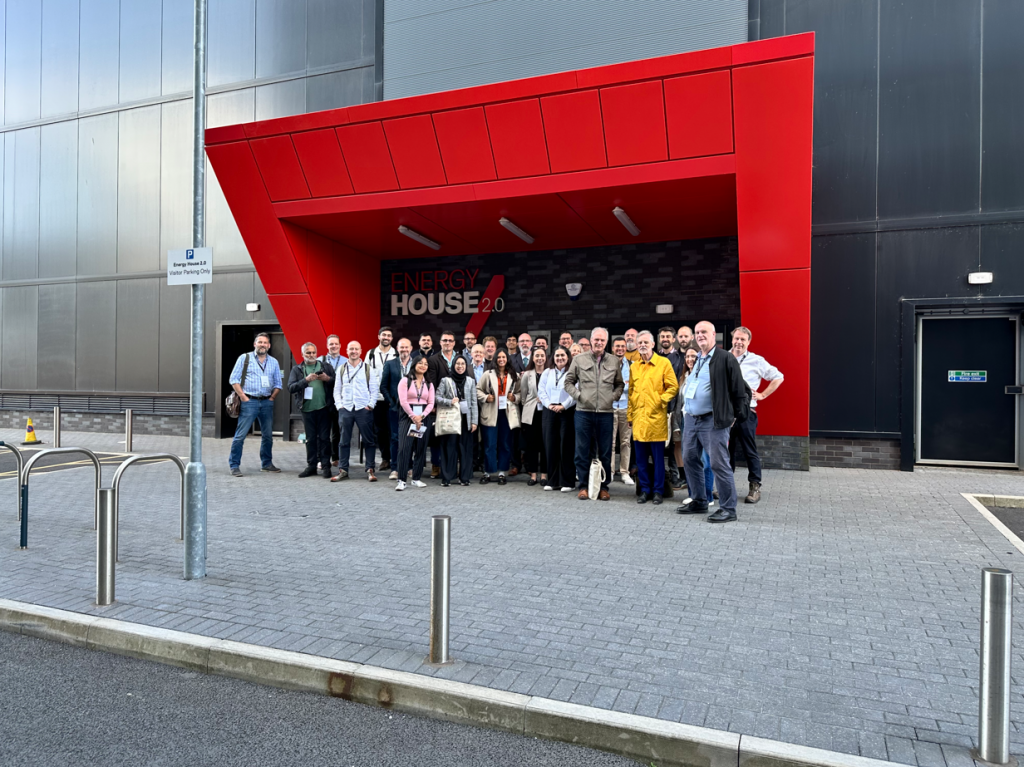
Conference Proceedings can now be viewed on our research repository